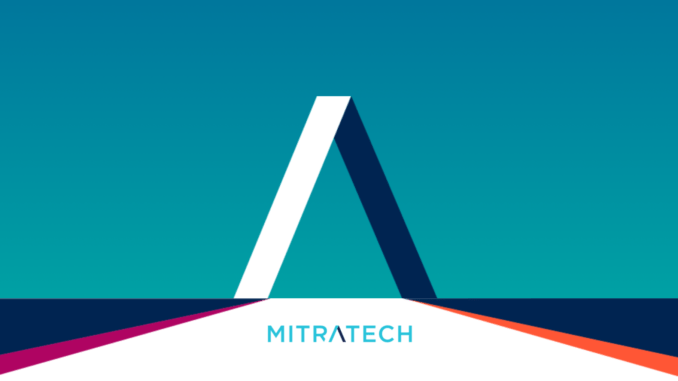
Legal Rising: How Workflow Automation Can Unite Corporate Legal Ecosystems
By Steven O’Donnell, Mitratech
When we first heard the term ‘ecosystem’ applied to the network of in-house attorneys and legal operations staff, corporate stakeholders, outside counsel, and the smattering of other external legal resources a corporation may rely on, it just sounded right. Because like a natural ecosystem, it’s a thing of many parts, interrelated and interdependent.

For big companies and global enterprises, it’s a monumentally complex ecosystem. It’s not monolithic, however. Though perhaps a GC or CIO might wish it were: the challenges of oversight and governance of such sprawling, variegated systems can be as immense as the organizations they serve.
Empowering top-down management of those ecosystems is a driving impetus behind the efforts of legal operations teams to find new ways to achieve operational excellence by controlling costs, accelerating processes, embedding best practices, and mitigating risk.
Workflow automation software is one of those tools. It can not only deliver ‘quick win’ benefits like immediate ROI and performance improvements, but it’s also a means for reaching another grail: Uniting the entire legal ecosystem into a transparent, manageable whole.
Coping with more work and more pressure to perform
The 2017 HBR Consulting Law Department Survey found that 82% of respondents expected legal needs to increase over the next year. To meet that rising demand while still satisfying pressures from the C-suite to be more efficient and integrated into the rest of the organization, they’re looking to increase operational efficiency.
As Lauren Chung, managing director and survey editor for HBR, explained: ‘Law departments are building internal capacity, increasing capabilities and effectively managing demand by training internal clients to be more self-sufficient. By leveraging available technology, law departments are optimising internal resources and automating routine tasks.’
This aligns with what we’ve seen in our own work with corporate legal departments. They’re driving a ‘Legal Rising‘ movement across the legal vertical by creating well-leveraged organizational structures, streamlining inefficiencies, and adopting innovative technologies – like workflow automation – to be more agile in supporting growing legal needs. While making themselves more integral and valuable to the entire enterprise.
As Connie Brenton, Chief of Staff/Director of Legal Operations at NetApp and a recognised leader in legal tech implementation, puts it: ‘Adopting workflow automation got us closer to our internal corporate partners, so we understood their processes and their pain points. It created so much efficiency so quickly that Legal Ops looked like real innovators.’
Her own company quickly saved millions by adopting workflow automation as a cornerstone technology that, as she explains, ‘allows us to create processes that are streamlined, which has helped our company embrace digital transformation’. Or as she sums up its overall impact: ‘It’s one of those crazy, life-changing technologies.’
Essential to ecosystem success
One of the attractions of workflow automation? How the right product – typically SaaS-based and designed for intuitive ease of use and scalability, unlike some predecessors – can extend its benefits across corporate legal departments and outside counsel alike.
‘Workflow automation is fundamental to running legal like a business,’ explains Justin Hectus, CIO/CISO at Keesal, Young & Logan (KYL), a major law firm that’s been a legal technology pioneer.
This is compelling a new range of partnerships between all stakeholders in the success of legal tech. KYL’s own partnership with Mitratech is an example of that. This kind of collaboration is increasingly necessary to meet the demands of forward-looking clients who want every participant in their legal ecosystem be invested in digital transformation.
‘Today, clients want more than just great lawyering,’ Justin Hectus points out. ‘They expect their outside counsel to invest in the tools of technology to support efficiency, quality, and consistency.’
About the author: Steven O’Donnell is Head of Product Marketing – Legal Operations at Mitratech. Steven has a wealth of knowledge and experience about the challenges facing legal professionals. A regular speaker at industry events and webinars, he provides in-depth insight into how technology is transforming the legal industry.
To learn more about Mitratech workflow automation solutions click here.
(Artificial Lawyer is proud to bring you this sponsored thought leadership article by Mitratech.)

2 Trackbacks / Pingbacks
Comments are closed.